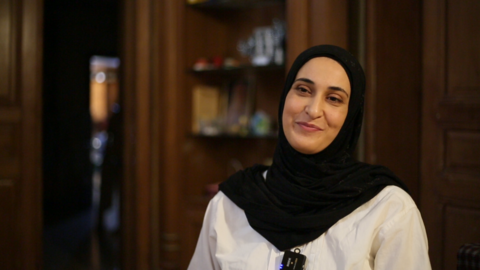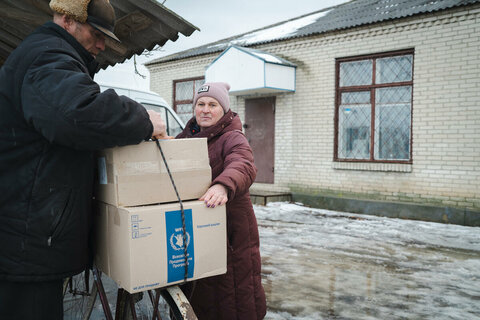Families desperate as Beirut blast drives up unemployment

Please DONATE to help the World Food Programme support families and recovery efforts in Beirut
In Karantina, one of Beirut's poorest areas, people say the explosion that destroyed the nearby port on 4 August ‘adds pain to misery' — the misery of living through the worst economic crisis in Lebanon's history.
As you walk the streets, you stumble upon destroyed vehicles and homes, people who appear to have been injured and mothers desperate to secure food and fix their modest apartments, ripped apart by the blast.
World Food Programme to scale up in Lebanon as blast destroys Beirut's port
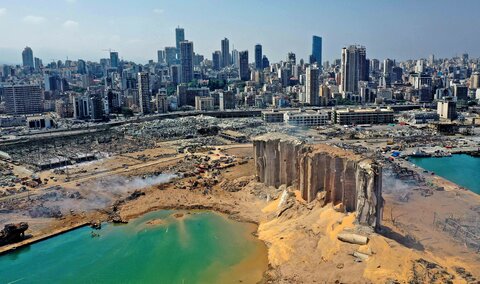
"On my way home from work at the port, I stopped at a relative's shop," says Mohamed Omar Hussein, who lives a 10-minute walk away from the port with his wife and their five children.
"We heard the explosion and I was thrown into the store," he explains. "I was walking down the street screaming, ‘Dear God, my children'. I came home and found them with my brother. Three of them were injured but I thank God they are OK and so is my wife."

He says before the explosion he was able to work ‘maybe less than ten days a month' — now there is no work at all.
"They told us to stay home for a while," he says. Grateful as he is to be alive, he adds: "I could be out of work for a week, two weeks, a month or maybe even more."

Hussein has no idea how he will secure his children's needs now. While his family have received food assistance that should last them for a month, he still needs to pay the rent — he used to earn double his rent but now he has nothing.
The explosion has severely worsened Lebanon's economic crisis. Many had already lost their jobs or seen the value of their salaries reduced to almost nothing as the Lebanese currency lost more than 80 percent of its value over the past year.
An irregular worker like Hussein could make around 1 million Lebanese pounds before the crisis — once equal to US$660, it's now worth US$140.
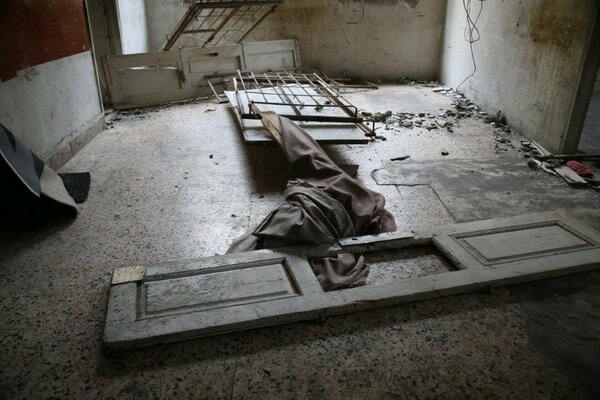
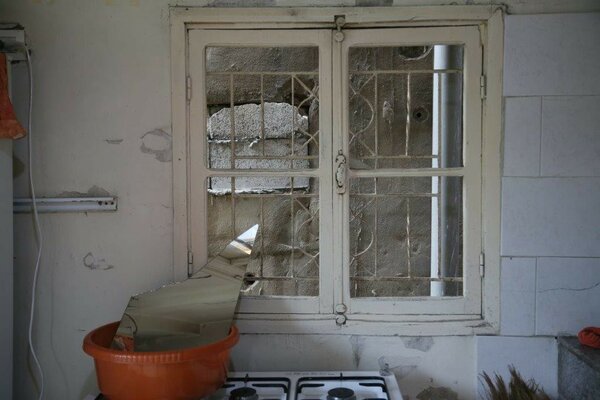
Lockdown measures made life more difficult than ever — for everyone.
Then came the blast. Families in Karantina who had their houses flattened do not have the means to fix what's left of them. "We have no windows or doors," says Hussein. "Children's beds are broken".
Beirut blast: World Food Programme working around the clock to avert a humanitarian catastrophe
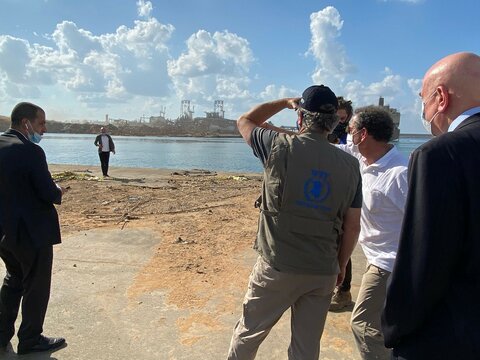
Many say they escaped death by a miracle — being able to get by, however, is another matter. For many, leaving the country seems the only solution.
Karantina takes its name from the word ‘quarantine' owing to its historical role as a station for sick people entering the port of Beirut in the mid-16th century — today, people there have almost nothing left. Many lost loved ones. Many more suffered injuries and had their homes destroyed.

"We are lucky to be alive," says Mohamed Darwish, a 48-year-old plumber who found himself walking the streets of the neighbourhood where he grew up and has lived most of his life. At least 178 people were killed and up to 6,000 were injured. At least 30 people are missing.
Based on preliminary assessments, Karantina is one of 12 neighbourhoods of Beirut and Mount Lebanon governorates most seriously affected by the blast. Only a week after the event, the World Food Programme (WFP) carried out a food distribution here, handing out food parcels to 200 families in Karantina.
"I live day by day — life is very difficult. If I could leave, I would," says Darwish. "I would do it by any means, even if I have a one percent chance of surviving. I'm looking for a better life."

